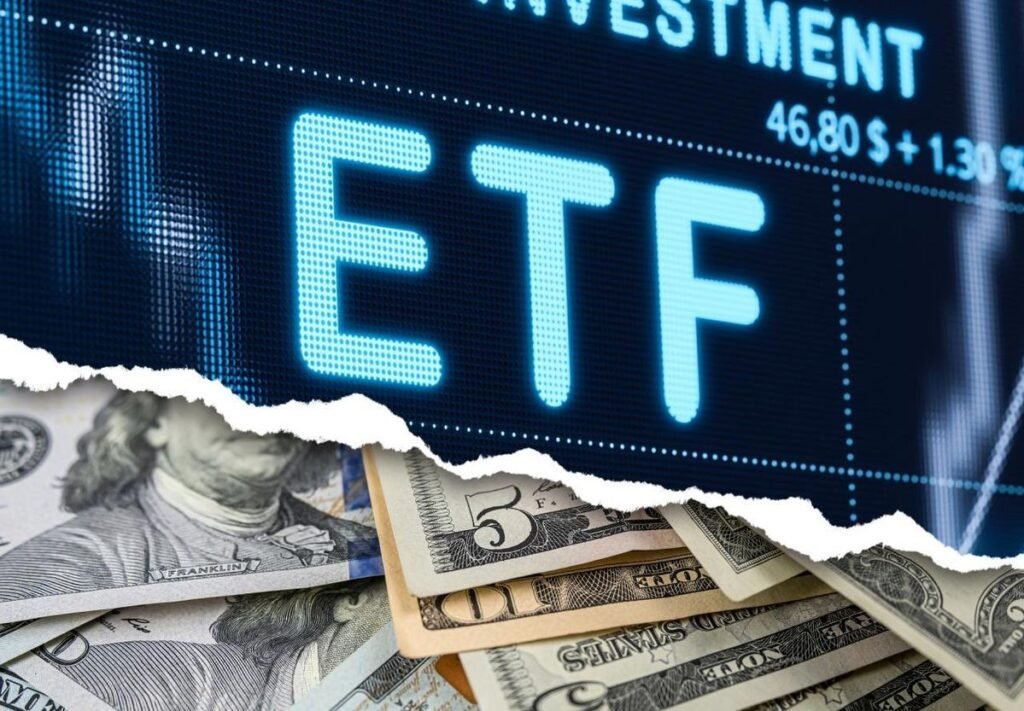The metaverse has transformed multiple industries, including gambling. Virtual casinos, blockchain-based betting platforms, and decentralized gaming hubs now exist in digital worlds. These platforms allow users to wager cryptocurrencies, NFTs, and other virtual assets in games of chance and skill. However, questions about legality, regulation, and security remain critical concerns. The legal status of gambling in the metaverse depends on factors like jurisdiction, the use of cryptocurrencies, and whether a game involves skill or pure chance.
How Gambling Works in the Metaverse
Metaverse gambling involves virtual environments where players place bets using digital currencies. Many platforms operate on blockchain networks, providing transparency and security. Some casinos use play-to-earn mechanics, where users can earn in-game assets and later convert them into real-world value.
Several virtual worlds host casinos that accept cryptocurrency wagers. Unlike traditional online casinos, these platforms operate in decentralized ecosystems. Smart contracts ensure fair gameplay, reducing the need for human intervention. Players can enter digital casinos, engage in poker, roulette, or slot machines, and cash out winnings in cryptocurrencies or NFTs.
Global Regulations on Metaverse Gambling
Governments regulate gambling based on local laws. Since the metaverse lacks a central governing authority, legal interpretations vary. Some countries have well-defined online gambling laws, while others struggle to classify metaverse-based activities.
United States
The legal framework for online gambling in the United States differs across states. Some states permit online casinos and sports betting, while others impose strict bans. Federal laws, such as the Wire Act of 1961, prohibit interstate gambling on sports. The Unlawful Internet Gambling Enforcement Act (UIGEA) of 2006 restricts online gambling transactions but does not criminalize individual players.
State-specific laws influence how metaverse gambling operates. States like New Jersey and Nevada allow online gambling, provided platforms hold proper licenses. However, the metaverse complicates enforcement because platforms often use cryptocurrencies, which fall outside traditional financial oversight.
Europe
European countries regulate online gambling through national legislation and EU directives. Some countries, like the United Kingdom, offer clear guidelines for digital casinos, requiring licensing and strict adherence to anti-money laundering laws. The UK Gambling Commission oversees gambling operations, ensuring player protection.
Germany follows a stricter approach. The Interstate Treaty on Gambling regulates online casinos but limits their operations. Authorities require platforms to obtain licenses before offering services. Some European nations remain skeptical about metaverse gambling due to the lack of jurisdictional clarity.
India
India presents a complex regulatory landscape. The Public Gambling Act of 1867 governs gambling but does not mention online gaming. Indian states hold authority to regulate gambling, leading to varied laws across the country.
States like Goa and Sikkim allow regulated online gambling, while Telangana and Andhra Pradesh ban online betting. Courts classify games as either skill-based or chance-based. Skill-based games fall outside gambling laws, making their legal status clearer. However, the classification of metaverse-based games remains uncertain.
Recent amendments to digital gaming regulations introduce self-regulatory bodies for online gambling. However, these rules do not directly address metaverse gambling, leaving platforms in legal gray areas.
China
China enforces strict bans on gambling, including online casinos. The government prohibits cryptocurrency transactions, making metaverse gambling nearly impossible. Authorities actively shut down unauthorized online gambling platforms, imposing severe penalties on operators.
Japan and South Korea
Japan allows limited forms of gambling, such as lotteries and horse racing. However, online gambling remains largely illegal. South Korea enforces similar restrictions, permitting only certain forms of betting. Gambling laws do not currently recognize metaverse casinos, making operations risky.
The Role of Cryptocurrencies in Metaverse Gambling
Cryptocurrencies play a crucial role in metaverse gambling. Many virtual casinos operate on blockchain networks, using tokens like Ethereum, Bitcoin, or in-game currencies. Smart contracts ensure fair transactions and reduce fraud risks.
However, crypto-based gambling raises concerns about money laundering and regulatory oversight. Some countries require gambling platforms to follow Know Your Customer (KYC) and Anti-Money Laundering (AML) procedures. However, decentralized gambling platforms often bypass these regulations, raising concerns among policymakers.
Challenges in Regulating Metaverse Gambling
Legal systems struggle to classify gambling activities in the metaverse due to several challenges:
1. Decentralization
Traditional online casinos operate under government-issued licenses. Metaverse casinos, however, run on decentralized networks, making enforcement difficult. Authorities cannot shut down blockchain-based casinos unless they target developers or restrict access at the internet service provider level.
2. Cryptocurrency Transactions
Cryptocurrency transactions offer anonymity, complicating tax collection and fraud prevention. Authorities find it challenging to track user activities, increasing risks of financial crimes.
3. Jurisdictional Ambiguity
Determining which laws apply to metaverse gambling remains unclear. Virtual casinos operate across borders, making it difficult for governments to enforce regulations. If a user in a restricted country accesses a metaverse casino hosted elsewhere, authorities struggle to take legal action.
4. Consumer Protection
Gambling addiction, fraud, and unfair practices remain concerns. Many metaverse casinos operate without proper licensing, leaving players unprotected. Authorities worry about the lack of safeguards to prevent excessive gambling and financial losses.
Advertising and Promotion Restrictions
Many social media platforms impose restrictions on gambling advertisements. Companies like Meta require written approval before running gambling-related ads. Advertisers must show valid licenses and comply with local laws. These policies limit the promotion of metaverse casinos, reducing their reach.
Future of Metaverse Gambling
Governments may introduce new regulations tailored to metaverse gambling. Several trends will likely shape the future of this industry:
1. Stricter Licensing Requirements
Regulators may require metaverse casinos to obtain licenses similar to traditional online gambling platforms. Countries that already regulate online casinos may extend laws to cover metaverse-based platforms.
2. Cryptocurrency Oversight
Authorities may introduce laws to track cryptocurrency transactions in gambling. Some nations consider Central Bank Digital Currencies (CBDCs) to regulate financial activities. These digital currencies could replace anonymous crypto transactions in gambling.
3. Blockchain-Based Compliance
Some developers propose self-regulating blockchain casinos that follow fair-play policies. Transparent smart contracts and automated compliance mechanisms may help platforms gain legitimacy.
4. Player Safety Measures
Expect stricter player protection policies, including spending limits, responsible gaming tools, and identity verification requirements. Governments may require metaverse casinos to adopt similar measures to traditional gambling operators.
Final Thoughts
The legality of gambling in the metaverse depends on jurisdictional laws, cryptocurrency regulations, and game classifications. Some countries allow online gambling under strict licensing, while others impose outright bans. The decentralized nature of metaverse casinos complicates enforcement, making it difficult for authorities to regulate them effectively.
Cryptocurrencies play a significant role in this evolving industry, introducing both opportunities and challenges. While decentralized finance offers transparency, it also raises concerns about money laundering and fraud. Legal frameworks must adapt to address these issues while ensuring consumer protection.
Regulators will likely introduce new policies to govern metaverse gambling. Whether through stricter licensing, blockchain compliance measures, or enhanced player safeguards, the legal landscape will continue evolving. For now, individuals must carefully assess their jurisdiction’s laws before participating in metaverse gambling to avoid legal complications.




